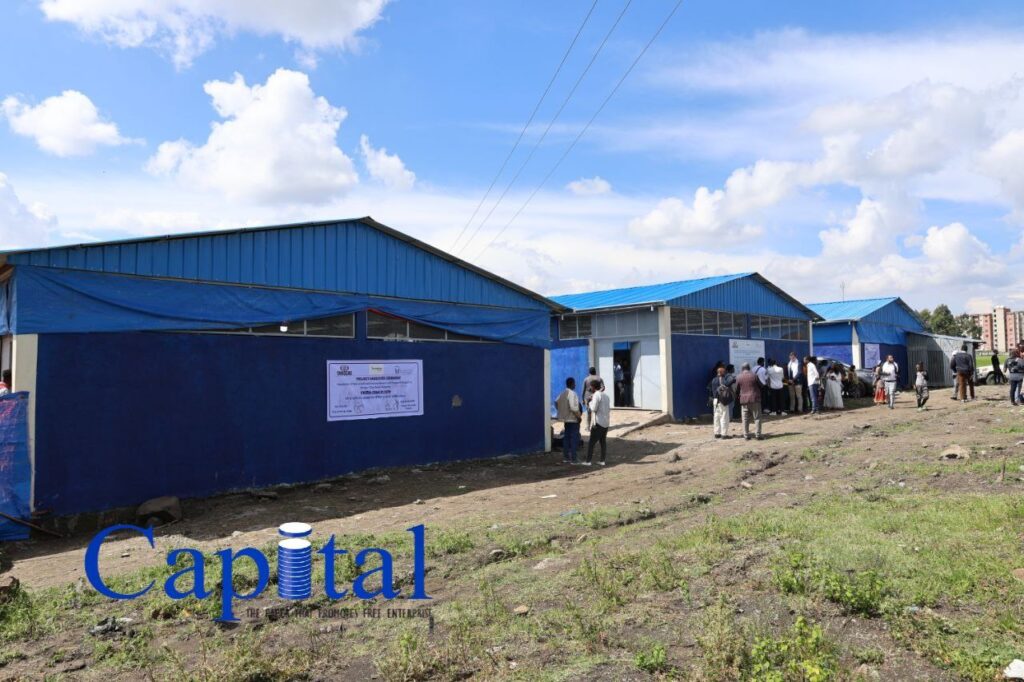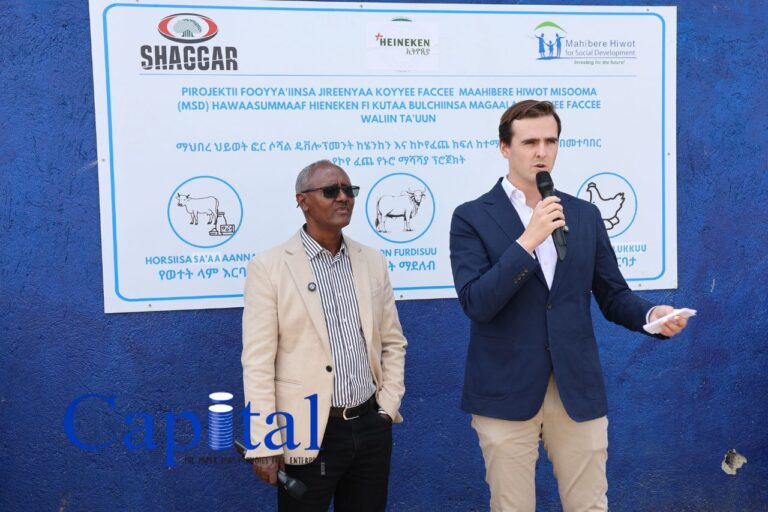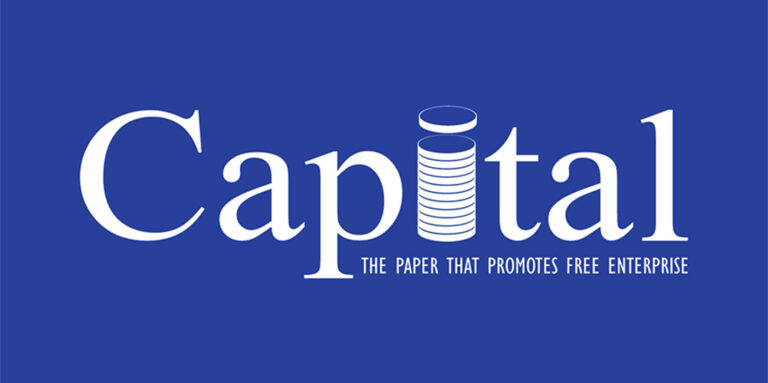Heineken Ethiopia has announced a significant investment of 33 million birr to launch a livelihood improvement project aimed at supporting 75 families in the Koye Feche and Klinto areas of Sheger City. This initiative underscores the company’s commitment to community development, guided by the principle of “From the community to the community.”
William Bart, Managing Director of Heineken Ethiopia, highlighted that the project offers a comprehensive support package, including training, materials, and financial assistance to ensure long-term success for participants. The initiative will empower 75 individuals—men, women, and youth—to pursue diverse career paths. Beneficiaries will work in sectors such as baking, poultry, dairy farming, cattle fattening, and food production.

This project is part of Heineken Ethiopia’s broader commitment to the agricultural sector. Since 2013, the company’s efforts have revolutionized the Ethiopian barley supply chain, benefiting over 100,000 small farmers and positively impacting more than 600,000 people across several regions. A recent review indicated that participating households saw income increases of up to 150%, contributing to substantial local economic growth and foreign exchange savings.




